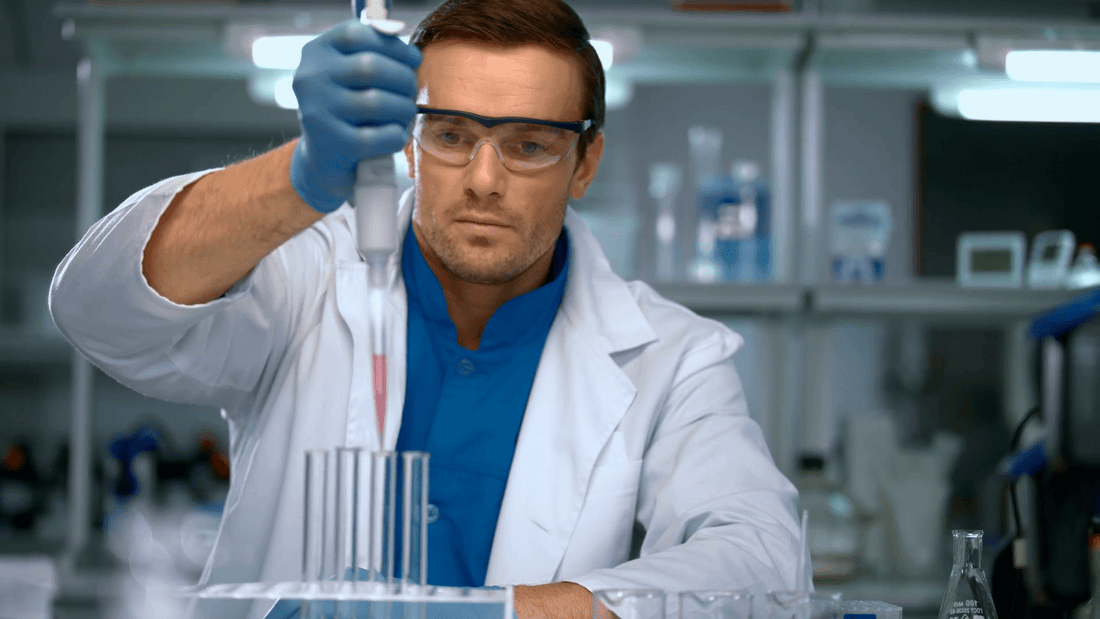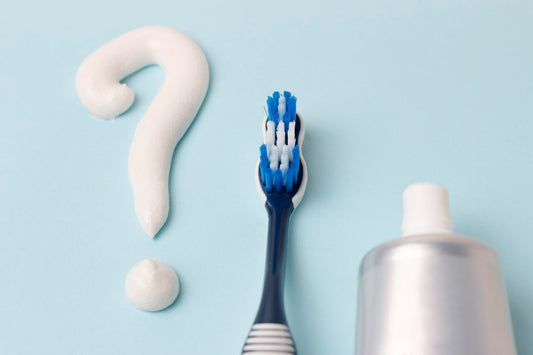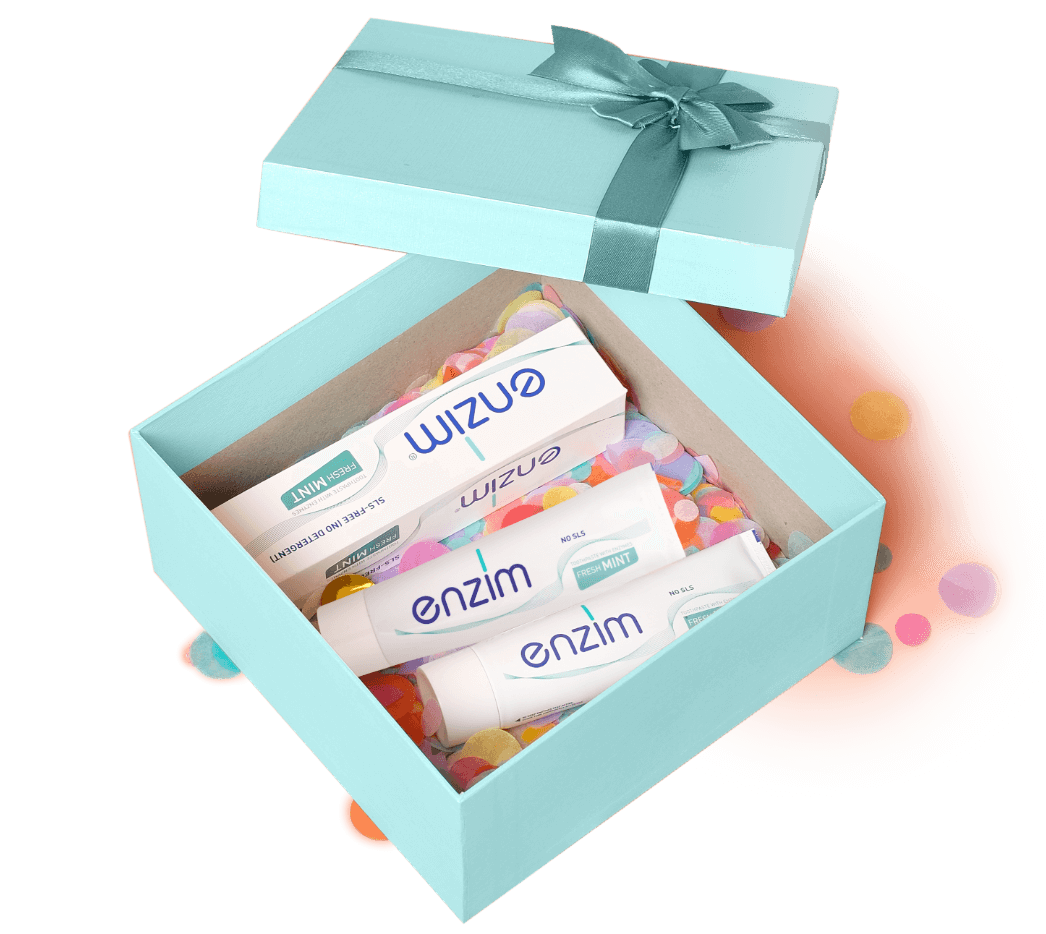The Science Behind SLS Toothpaste and Why It Can Be Harsh on Your Mouth

The Science Behind SLS Toothpaste and Why It Can Be Harsh on Your Mouth - Enzim Singapore
Sodium Lauryl Sulfate (SLS) is a widely used ingredient in many household products, including toothpaste. Its primary function is as a surfactant—a compound that reduces the surface tension of liquids—allowing toothpaste to foam and spread more effectively. While this might seem beneficial for cleaning, the chemical properties of SLS can have unintended consequences, especially when it comes to oral health.
What is SLS?
Sodium Lauryl Sulfate is a detergent-like chemical derived from either natural sources like coconut oil or synthesised from petroleum. It is prized for its ability to create lather, giving users the impression of a deep clean. However, this foaming action is largely cosmetic and does not directly enhance the effectiveness of the toothpaste in removing plaque or bacteria.
The Chemical Process Behind SLS’s Harsh Effects
-
Disruption of Lipid Layers
SLS is highly effective at breaking down fats and oils. Unfortunately, this also means it can strip away the protective lipid layer in the mouth. This layer acts as a barrier to maintain moisture and shield delicate tissues. When disrupted, the mouth becomes more susceptible to irritation, dryness, and damage. -
Interaction with Mucosal Tissues
The mucosal lining of the mouth is sensitive, and prolonged exposure to SLS can weaken this tissue. Studies have shown that SLS can increase cell permeability, making oral tissues more prone to irritation and inflammation. -
Increased Risk of Mouth Ulcers
SLS has been linked to the development of canker sores (mouth ulcers). This occurs because SLS irritates the mucosa, potentially leading to cell death and creating a more vulnerable environment for ulcer formation. -
Moisture Imbalance
SLS’s strong detergent properties can dry out the oral cavity. By disrupting saliva’s natural composition, SLS may reduce the mouth’s ability to maintain hydration, leading to discomfort and increased vulnerability to bacteria growth.
The Impact of SLS on Oral Health
While SLS helps distribute toothpaste effectively, its harsh effects on the oral cavity outweigh the benefits for many individuals. Prolonged use can exacerbate issues such as:
- Oral dryness: A dry mouth can lead to bad breath and an increased risk of cavities.
- Irritated gums: SLS may worsen conditions like gingivitis or gum sensitivity.
- Heightened sensitivity: Damaged mucosal tissues may increase sensitivity to hot, cold, or acidic foods.
A Gentler Alternative: Non-SLS Toothpaste
For those looking to protect their oral health, non-SLS toothpaste is an excellent choice. These formulations avoid the harsh effects of SLS, relying instead on gentle ingredients to clean effectively while preserving the natural balance of the mouth.
Switching to a non-SLS toothpaste, such as Enzim Toothpaste, can help mitigate the risks associated with SLS, particularly for individuals with sensitive gums, mouth ulcers, or chronic dryness. By choosing a gentler formula, you’re supporting long-term oral health without compromising on cleanliness or protection.



